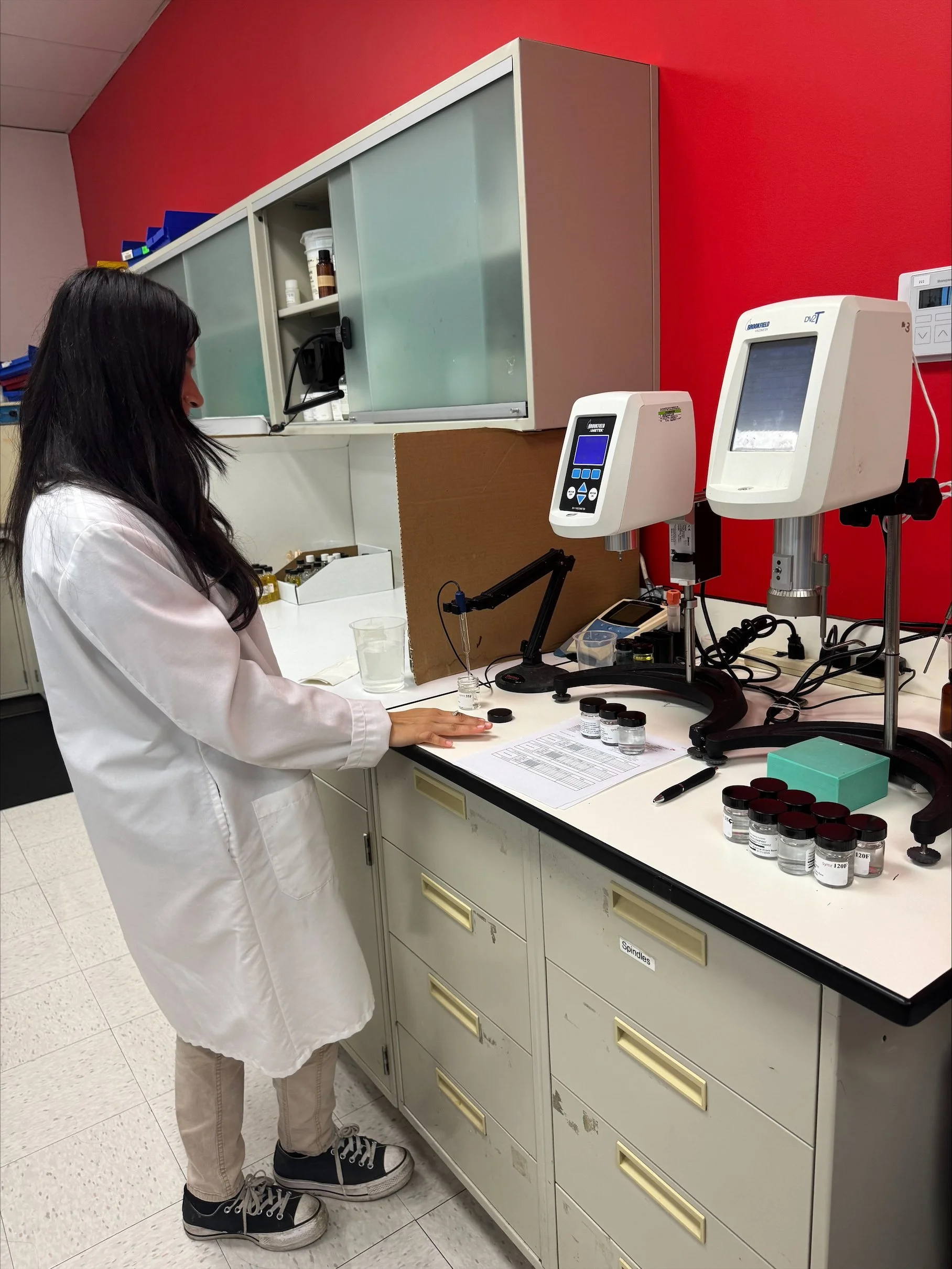I’m excited to share a new NSF-supported project that sits right at the intersection of one of my research interests: how faculty learn, change their teaching, and build sustainable chemistry programs. Beyond Benign has received a five-year, $1.83M award from NSF’s Division of Undergraduate Education (IUSE) to launch the Green Chemistry Professional Mentoring Networks (PMNs), and I’m serving as a Co-PI focusing on the research aspects of the project. If you want the official overview, you can read Beyond Benign’s announcement here: Beyond Benign Awarded $1.83M NSF Grant to Launch Green Chemistry Professional Mentoring Networks.
The PMNs are designed as a national professional development model for undergraduate chemistry educators. Over the next five years, the project will develop 16 mentoring networks engaging about 160 faculty members, postdoctoral fellows, and instructors, with each network aligned to the four learning objectives of the Green Chemistry Commitment and its higher-ed student learning objectives.
A central part of this work is educational research. Our team will study how mentoring networks shape faculty practice, curriculum transformation, and culture change using methods such as surveys, reflective journals, interviews, and field observations.
This effort also connects to a broader shift in the field. As of 2025, ACS-approved undergraduate chemistry programs must include the 12 Principles of Green Chemistry in their curricula, which raises the stakes for effective, research-informed faculty support.




